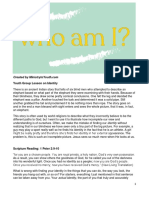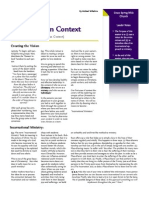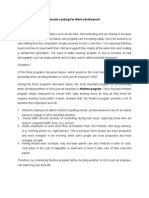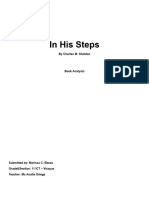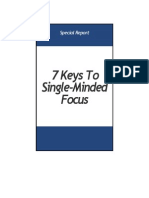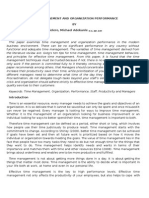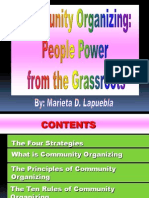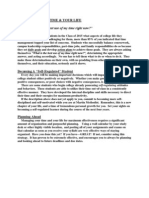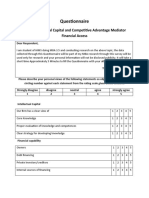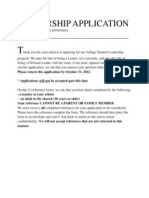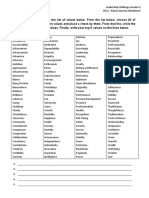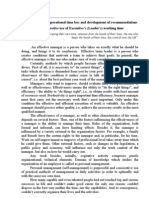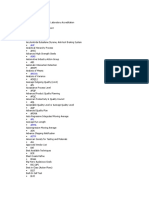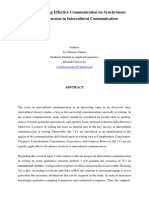0% found this document useful (0 votes)
164 views9 pagesEffective Time Management
This document discusses effective time management and its importance for higher productivity in organizations. It defines effective time management as using principles, practices, skills, tools and systems to help managers get more value from their time. It outlines different managerial levels in organizations from top managers to middle managers. It emphasizes that a manager's efficiency is evaluated based on how well organizational goals are achieved within set timeframes. Finally, it states that time management is crucial as time is a limited resource, and productivity depends on how effectively time is planned and used to achieve goals.
Uploaded by
FormationCopyright
© © All Rights Reserved
We take content rights seriously. If you suspect this is your content, claim it here.
Available Formats
Download as PDF, TXT or read online on Scribd
0% found this document useful (0 votes)
164 views9 pagesEffective Time Management
This document discusses effective time management and its importance for higher productivity in organizations. It defines effective time management as using principles, practices, skills, tools and systems to help managers get more value from their time. It outlines different managerial levels in organizations from top managers to middle managers. It emphasizes that a manager's efficiency is evaluated based on how well organizational goals are achieved within set timeframes. Finally, it states that time management is crucial as time is a limited resource, and productivity depends on how effectively time is planned and used to achieve goals.
Uploaded by
FormationCopyright
© © All Rights Reserved
We take content rights seriously. If you suspect this is your content, claim it here.
Available Formats
Download as PDF, TXT or read online on Scribd
/ 9

